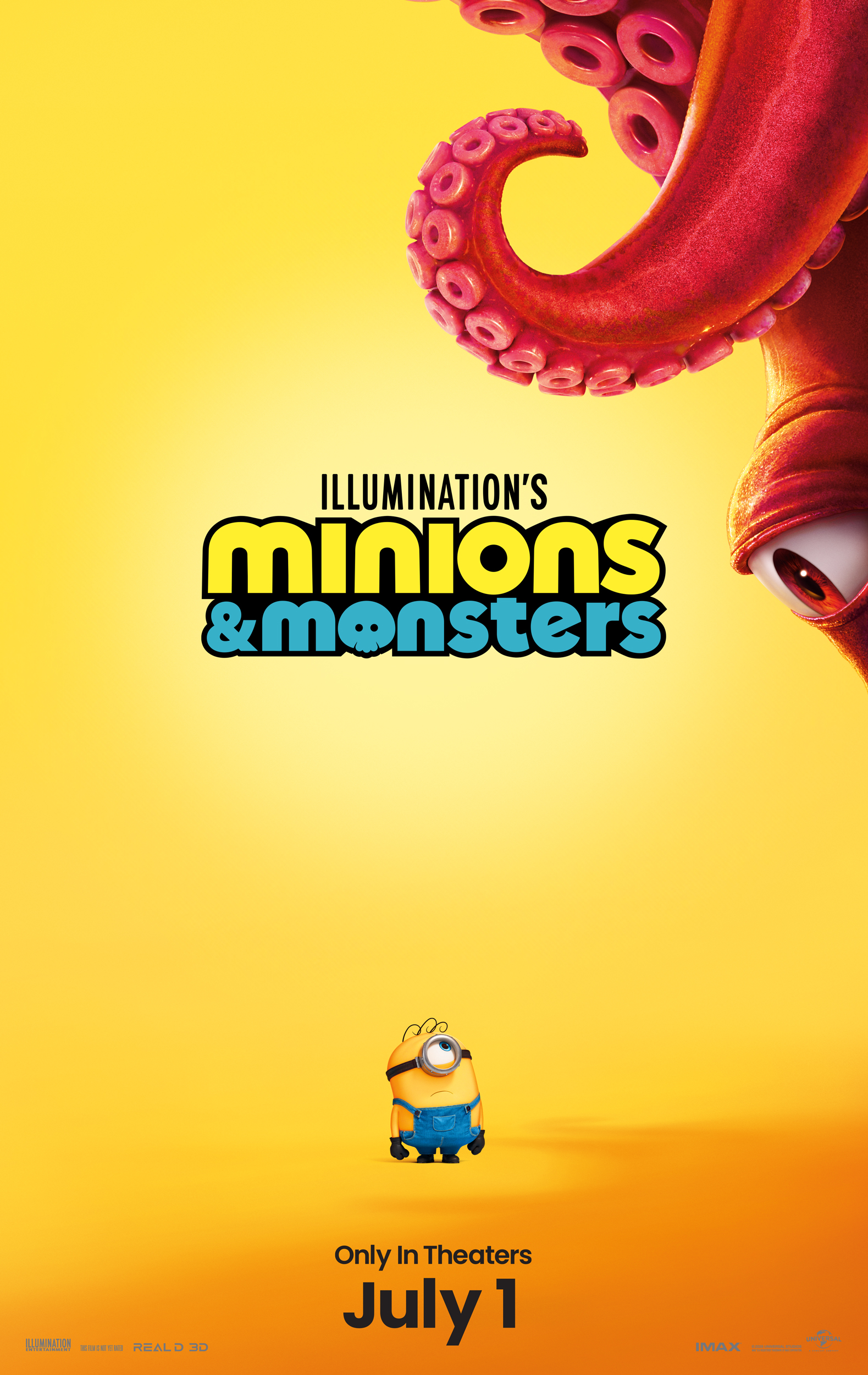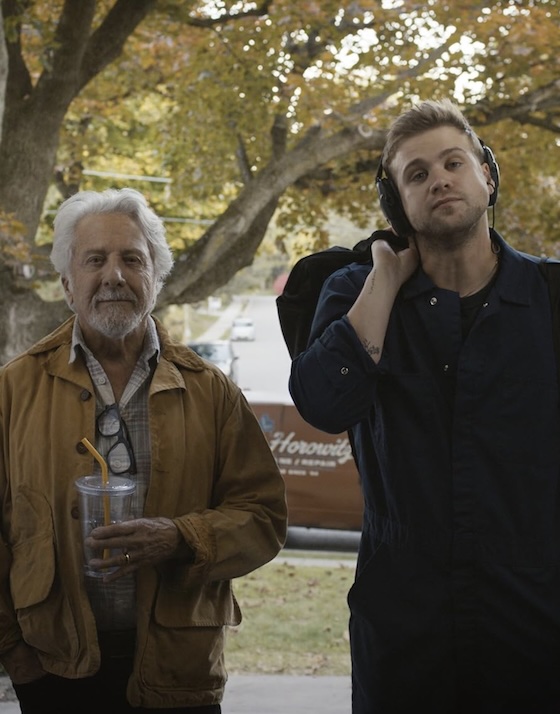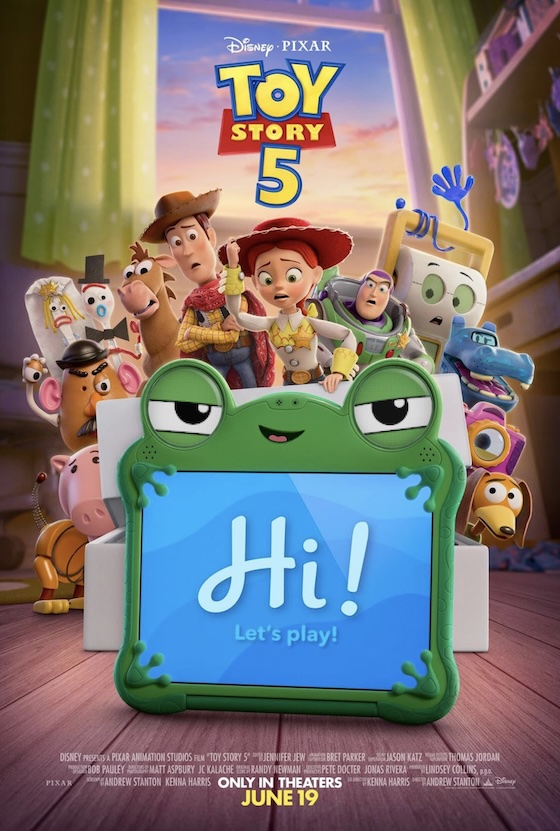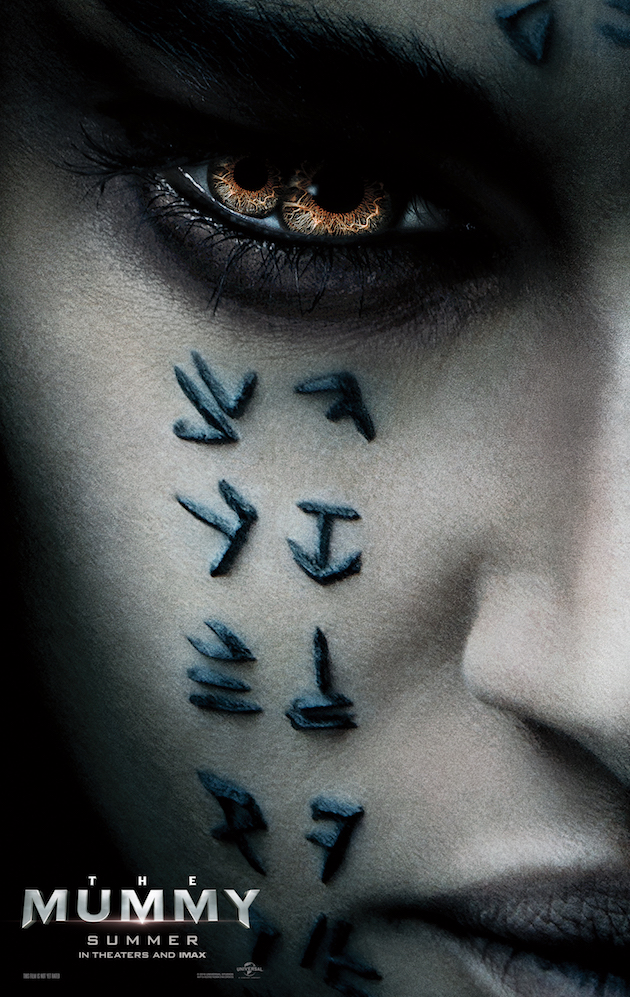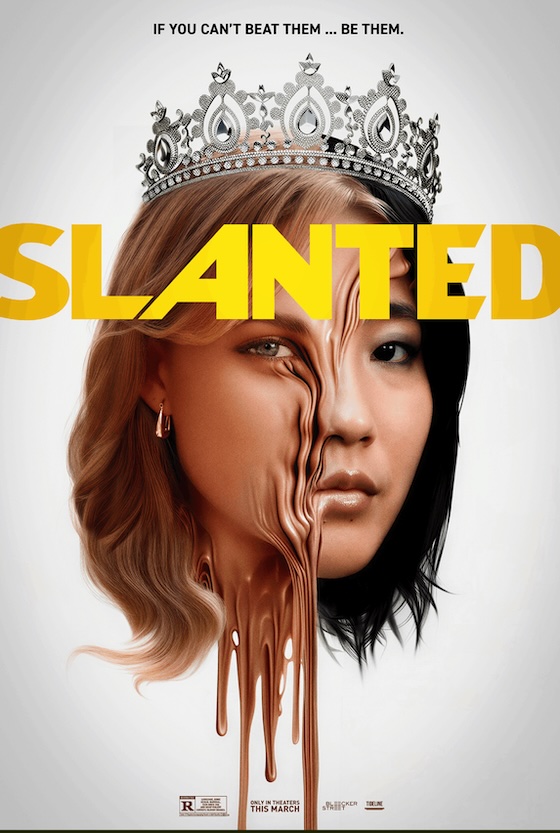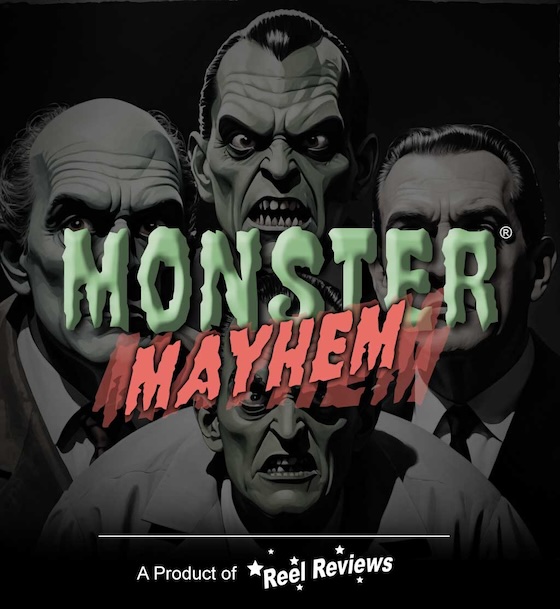![]()
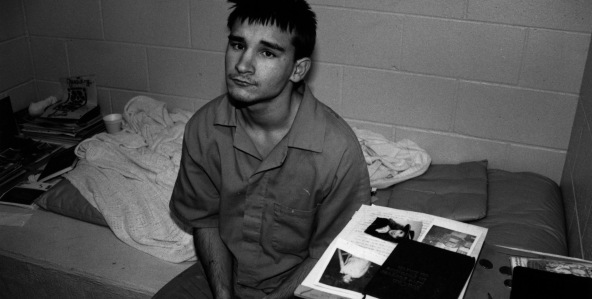
In 1993, three eight-year old boys were sexually mutilated and viciously murdered in a neighborhood known as Robin Hood Hills in West Memphis, Arkansas. Three teenagers were eventually accused of the crime, and after a botched police investigation and a trial that played upon the religious beliefs of the jurors, the teens were convicted of the crimes despite a gross lack of ANY physical evidence.
Film makers Joe Berlinger and Bruce Sinofsky were given nearly unprecedented access to the families, the courtroom and to the prosecution and defense preparation teams which allowed them to create a chilling documentary so disturbing that it questions the entire U.S. justice system and specifically the death penalty in America. Berlinger and Sinofsky smartly pepper the film with haunting riffs from Metallica, a band whose members have personally taken up the cause of the West Memphis Three, as they have become known.
The film opens in a heavily wooded creek bank where we see actual footage of the naked and mutilated corpses of three cub scout-aged young boys. What follows is 2 1/2 hours of gripping interviews, courtroom testimony and the most blatantly botched police investigation in recent memory. Although Berlinger and Sinofsky present the material in an incredibly impartial manner and dedicate equal amounts of face time to the families of the victims and the families of the suspects, it’s hard to mask the fact that we have three teenage boys in jail (one on death row) who were convicted of murder for no other reason than because of the clothes they wore and the beliefs they held.
West Memphis is a poor, working class city made up predominantly of small churches, dirt roads, industrial parks and trailer homes. The community is so devoutly religious, their biggest fear is the neighborhood kid named Damien who wears black clothes, listens to heavy metal music and dabbles in the works of Aliester Crowley. So, as the investigation into the deaths of the three young boys stalls, and the community becomes restless, it only makes sense to arrest three long-haired metalheads, charge them with murder and ultimately convict them all of murder charges landing Damien on death row.
The prosecution’s case rested solely on the seemingly coerced confession of one of the suspects, Jessie Lloyd Misskelly, Jr, a mentally disabled youth whose confession was riddled with inaccuracies, inconsistencies and conspicuously missing details. His confession initially stated that the murders took place at noon, he then changed it to after school and finally, following suggestions by the police, he agreed that the murders took place at night. Further confusing matters, Misskelly did indeed mention that one of the boys’ body was mutilated, a fact that had not yet been revealed to the public, although there were hours and hours of the interrogation that were never recorded. A report of a blood-covered man locked in the bathroom of a local restaurant shortly before the time of the murders, went uninvestigated and the actual police report was ultimately lost by the chief of police.
At the film’s core, and what makes Paradise Lost: The Child Murders at Robin Hood Hills so significant, are the interviews and videotaped visitations with the town’s inhabitants and the families of the suspects and victims. The religious underpinnings of the community that seem to be such a credible and believable force are shattered as we watch the step-father of one of the victims demonstrate with a handgun and a pumpkin what he wishes to do to each of the suspects. Can someone with such strong religious convictions harbor such hatred?
Berlinger and Sinofsky, despite the impartial and diplomatic nature of the film, have admitted that the West Memphis Three, if not wrongfully convicted, did indeed receive an unfair trial. No fiction writer would dare make an attempt at presenting such an unbelievable story of inept police work and story implausibility; and fiction could never recreate the chilling, disturbing and ultimately soul-searing story of a community ripped apart by murders that should only happen on film in Hollywood.
|
||||||||||||||||||
DVD Details:
Available on Blu-ray - October 25, 2005
Screen Formats: 1.33:1
Audio: English: Dolby Digital 2.0 Stereo
Supplements:
Commentaries:
- None
Featurettes:
- Damien Echols Trial Testimony
- Brief chronology of events text feature
- Text biographies of Joe Berlinger and Bruce Sinofsky
- Text feature on DocuRama, and the entire text of the DocuRama catalog.
Trailers: A few trailers for other DocuRama features are also included
{pgomakase}

